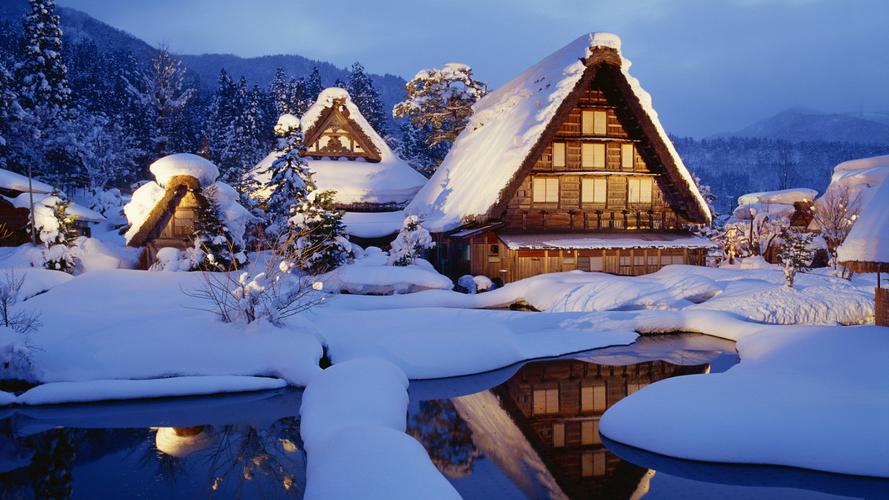Exploring the Intricacies of Morocco’s Cultural Norms: Insights from Locals
Morocco has long been known for its rich cultural heritage, beautiful architecture, and stunning landscapes. However, one aspect that many visitors overlook is the country’s intricate cultural norms. From the way people greet each other to the food they eat and the clothes they wear, Morocco’s cultural norms run deep and are tightly woven into the social fabric of the country. In this article, we will delve deeper into some of these cultural norms, exploring what they mean and how they impact the daily lives of Moroccans.
Family and Community
Family and community are the cornerstones of Moroccan society. Moroccans tend to have close-knit families, and it’s not uncommon for extended family members to live together or near each other. Family is seen as a source of support and protection, and loyalty to one’s family is highly valued. In addition, community is also highly treasured. In many neighborhoods, people gather in the streets to chat and catch up on the day’s events. This sense of community creates a feeling of belonging and fosters social cohesion.
Hospitality
Moroccans are famous for their hospitality, and visitors to the country are often surprised by the warm welcome they receive. Hospitality is seen as a virtue, and Moroccans go out of their way to make guests feel comfortable and at home. It’s not unusual for people to invite strangers into their homes for a cup of tea or a meal.
Religion
Islam is the dominant religion in Morocco, and its influence is felt throughout the country. The vast majority of Moroccans are Sunni Muslims, and the country’s legal system is based on Islamic law. Islamic customs are deeply engrained in Moroccan society, and visitors should be respectful of these customs when visiting the country.
Gender Roles
Moroccan society has traditionally been patriarchal, with men taking on the role of breadwinner and women taking care of the home. However, in recent years, there has been a shift towards greater gender equality, with more women entering the workforce and taking on leadership positions. Despite this, gender roles are still important in Moroccan society, and visitors should be sensitive to these cultural norms.
Dress
Morocco is a conservative society, and visitors are expected to dress modestly. This means covering the shoulders and knees, and avoiding revealing clothing. In addition, it’s important to dress appropriately when visiting religious sites, such as mosques.
Food
Moroccan cuisine is famous around the world for its rich flavors and unique combinations of spices and herbs. Moroccans take great pride in their cuisine, and sharing food is an important part of social life. It’s not uncommon for families to gather together for large, elaborate meals, often served on communal platters.
Conclusion
Morocco’s cultural norms are deeply ingrained in society, and visitors to the country should be sensitive to these norms. From the importance of family and community, to the role of hospitality and religion, understanding these cultural norms is essential for anyone looking to experience Morocco’s rich cultural heritage. By respecting these norms, visitors can not only have a more enjoyable and fulfilling experience, but also show their appreciation for the country’s unique cultural traditions.
(Note: Do you have knowledge or insights to share? Unlock new opportunities and expand your reach by joining our authors team. Click Registration to join us and share your expertise with our readers.)
Speech tips:
Please note that any statements involving politics will not be approved.
